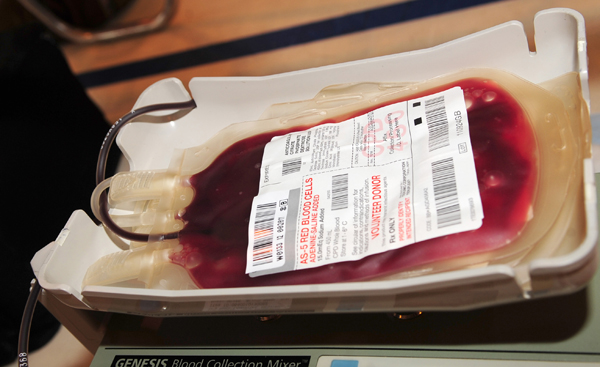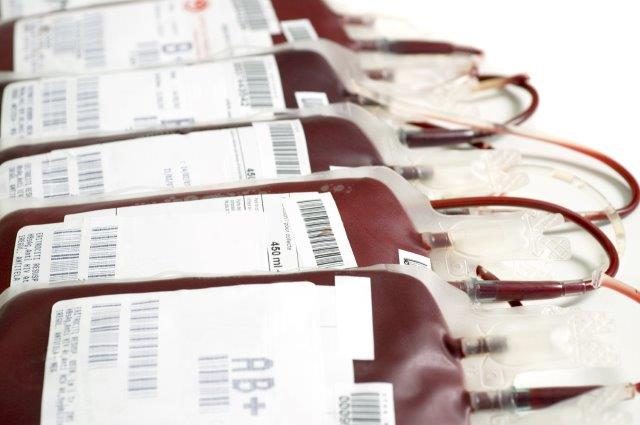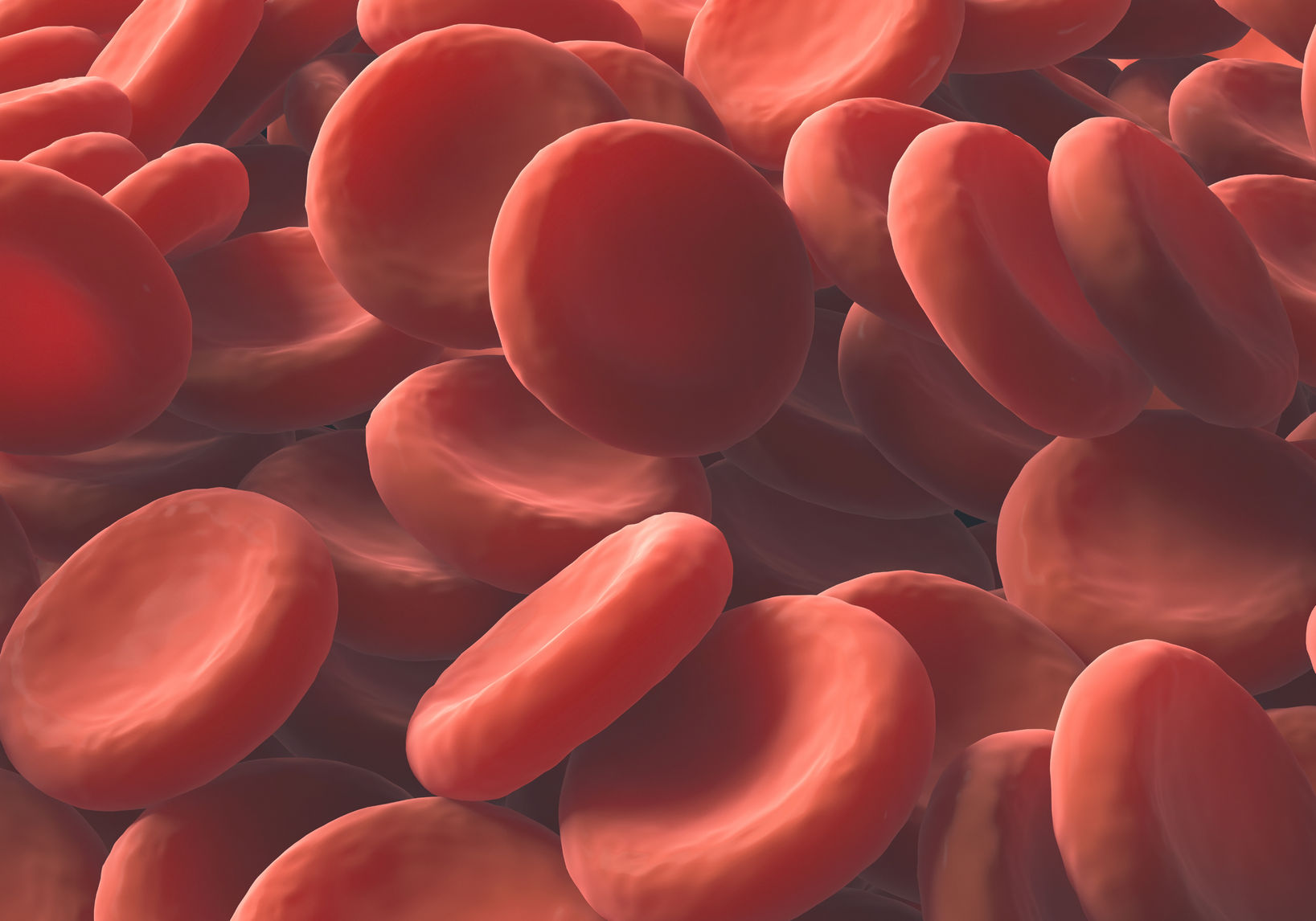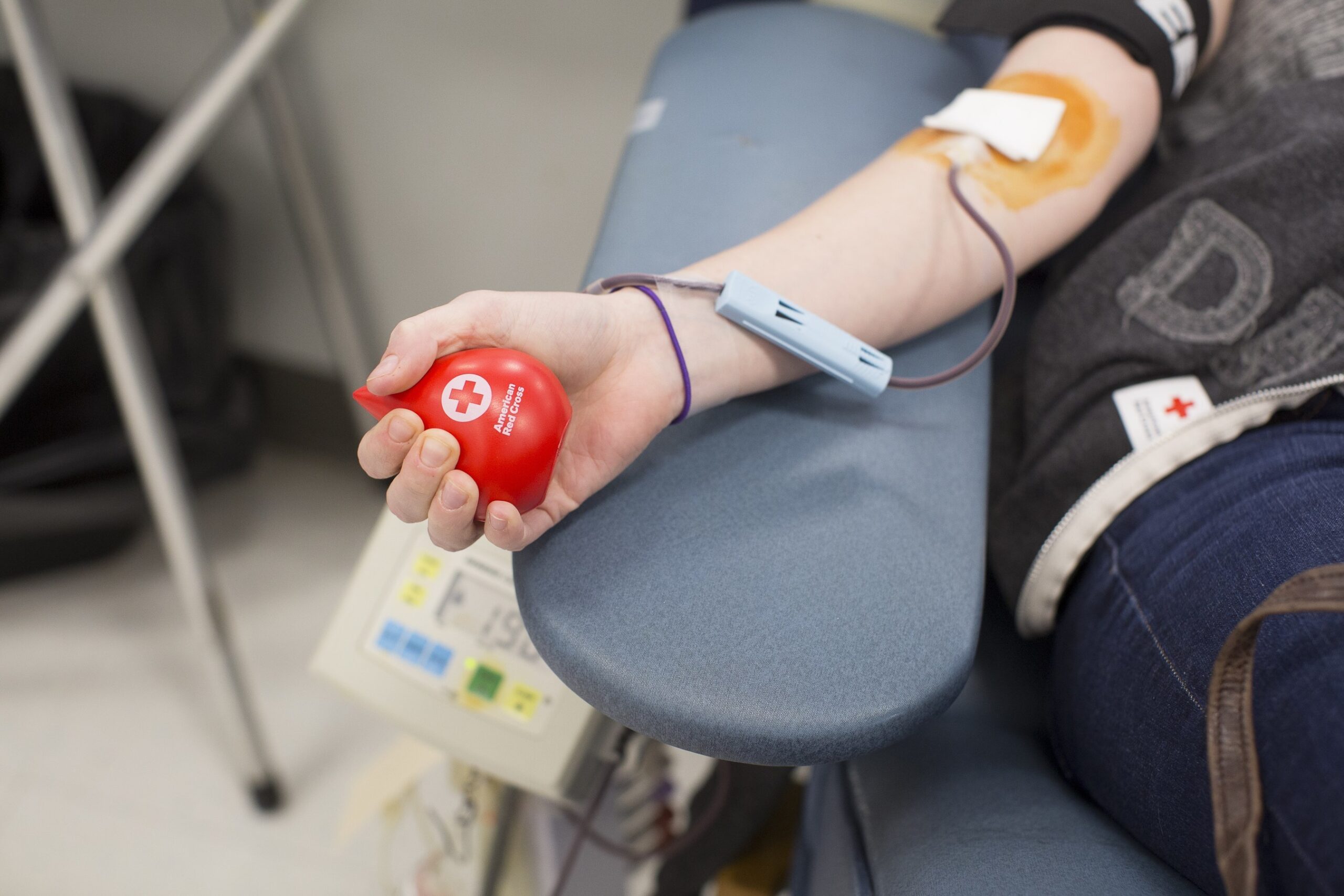Hemocompatibility is essential to successful and safe blood transfusions, however this goes far beyond the traditional ABO blood group system. To help ensure blood compatibility before a donor sample is given to a recipient, the FDA has approved Progenika Biopharma’s ID CORE XT Test, a molecular assay capable of identifying non-ABO red blood cell types.
Identifying antigens on the surface of red blood cells, like Rh factor, is an important step in typing blood samples as an immune reaction trigged by the transfusion of incompatible red blood cells can have dangerous consequences for patient health. Patients with sickle cell disease, and others requiring regular blood transfusions are at a higher risk of experiencing a transfusion reaction.
Traditionally, non-ABO blood typing has been performed using serologic testing methods which rely on the availability of antisera which could contain antigens against the blood type to be transfused into the patient. If antigens are present, the sample is not a good match for the patient requiring the transfusion.
RELATED: Universal Donors Need Not Apply: Bacterial Enzymes Transform All Blood Donations into Type O
“The approval of the ID CORE XT Test can streamline blood compatibility testing and provides an additional alternative to testing blood with antisera,” said Dr. Peter Marks, director of the FDA’s Center for Biologics Evaluation and Research. “We know that DNA testing holds great promise – to provide more informative, accurate and cost-effective methods that can enhance patient care.”
In 2014, the FDA approved Immucor’s PreciseType HEA test as the first molecular assay for typing blood samples destined for transfusion.
While the ID CORE XT Test is not the first DNA-based assay for use in transfusion medicine, it is the fist genotyping test capable of identifying 37 different human erythrocyte antigen phenotypes. In a study comparing the assay with serological tests and other DNA-based blood typing methods, the ID CORE XT Test results were comparable.
The approval isn’t the only step forward the US has made in the area of transfusion medicine in recent months. In August, researchers from the University of British Columbia announced they’d discovered bacterial enzymes which could transform more the common A and B blood types into the rare O-type. The enzymes remove the A and B antigens from the surface of red blood cells, thereby converting them into O-type blood which is known as the universal blood type since it can be given to anyone.












Join or login to leave a comment
JOIN LOGIN